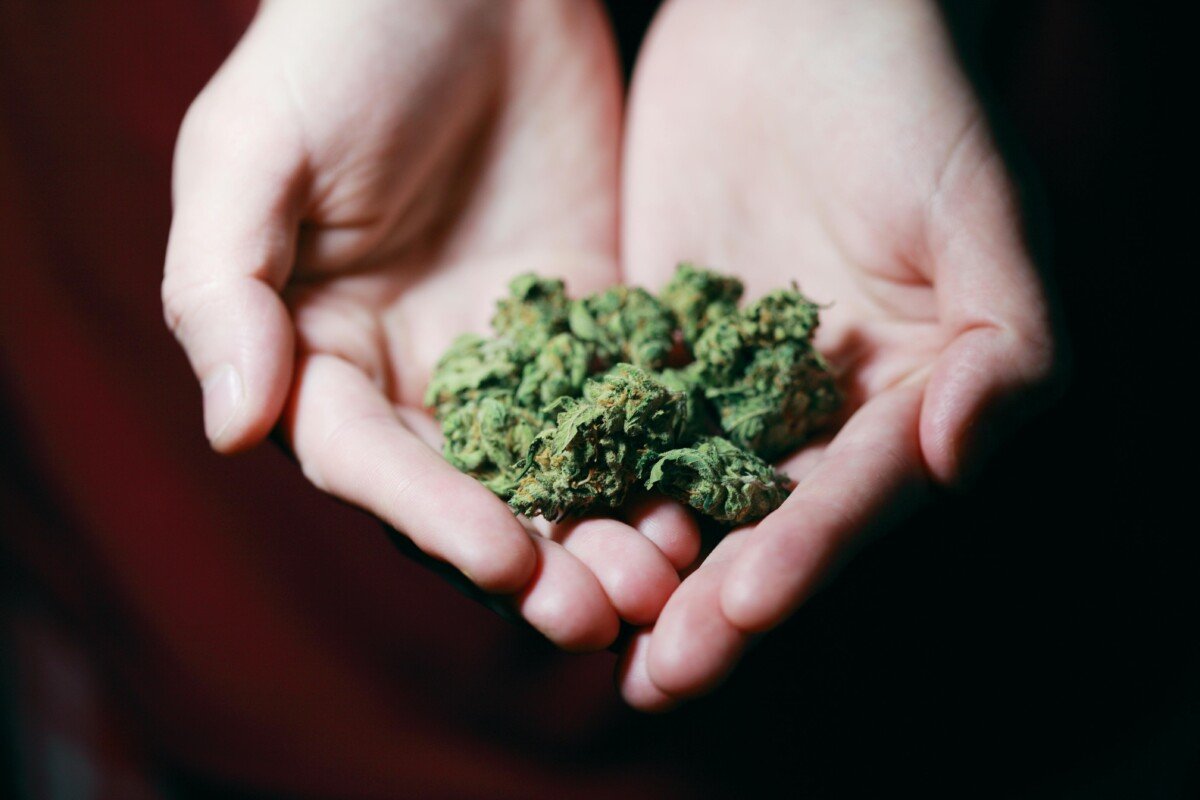Energy drinks are everywhere — on store shelves, in gas stations, and in the hands of students, athletes, and busy professionals. Promising a quick boost of energy and focus, they’ve become a go-to solution for long days or late nights. But what many people don’t realize is that these drinks carry serious health risks.
1. High Caffeine Levels Can Be Dangerous
Most energy drinks contain 200–300 mg of caffeine per serving, sometimes more.Excess caffeine can lead to:Rapid heartbeat or palpitationsAnxiety and restlessnessInsomnia and disrupted sleep cyclesIn extreme cases, overconsumption can trigger heart problems or seizures, especially in sensitive individuals.
2. Sugar Overload
Many energy drinks are loaded with sugar, often exceeding daily recommended limits in just one can.High sugar intake contributes to:Weight gain and obesityIncreased risk of type 2 diabetesTooth decay and enamel erosionEven sugar-free energy drinks can be problematic due to artificial sweeteners affecting gut health.
3. Mixing With Alcohol Is Risky
Energy drinks are sometimes mixed with alcohol to create a “party boost.”
This combination is dangerous because:
The stimulant effects of caffeine mask alcohol’s depressant effects
Drinkers may underestimate how intoxicated they are, leading to risky behaviorIncreased risk of heart complications and accidents
4. Adverse Effects on Mental Health
Regular consumption can affect mood and cognitive function:
Increased anxiety, jitteriness, and irritability
Potential for dependency or withdrawal symptoms
Energy drinks can amplify stress instead of improving focus or productivity over the long term.
5. Potential for Heart and Kidney Problems
High caffeine and stimulant blends can strain the heart, increasing blood pressure and heart rate.Energy drinks can also stress the kidneys, especially in combination with sugary additives or dehydration.
6. Who Is Most at Risk
Teens and young adults are particularly vulnerable due to higher consumption rates and sensitivity to stimulants.People with heart conditions, high blood pressure, or anxiety disorders should avoid energy drinks entirely.Even occasional users can experience negative effects if multiple drinks are consumed in a short period.
7. Safer Alternatives
If you need energy or focus, consider:
Water and proper hydration
Balanced meals and snacks for sustained energy
Short naps or breaks for mental clarity
Natural caffeine sources like coffee or tea in moderation
Energy drinks may seem like a quick fix, but the health risks are real and well-documented. They are not a sustainable or safe way to boost energy, and over-reliance can lead to serious cardiovascular, metabolic, and mental health problems.
Use caution, prioritize natural energy sources, and never underestimate the hidden dangers of energy drinks.
